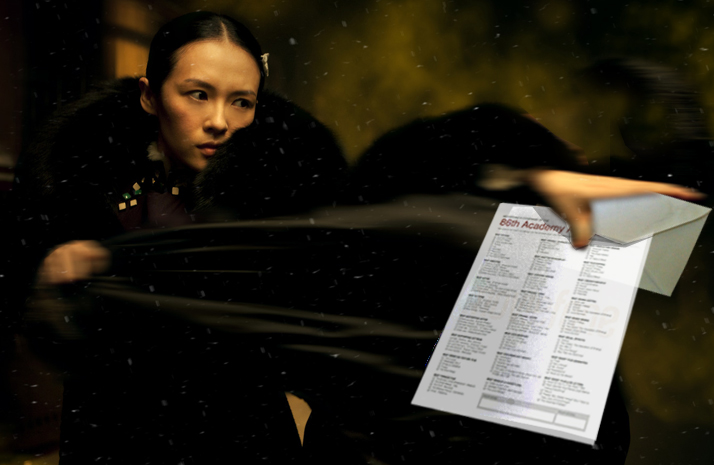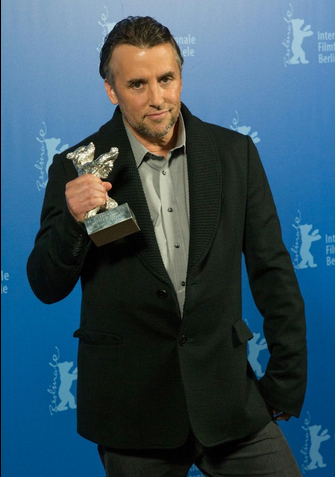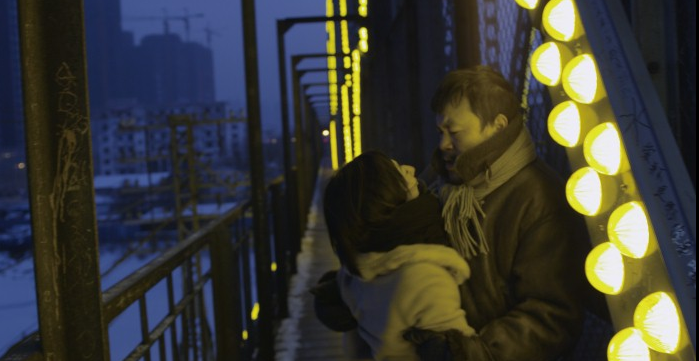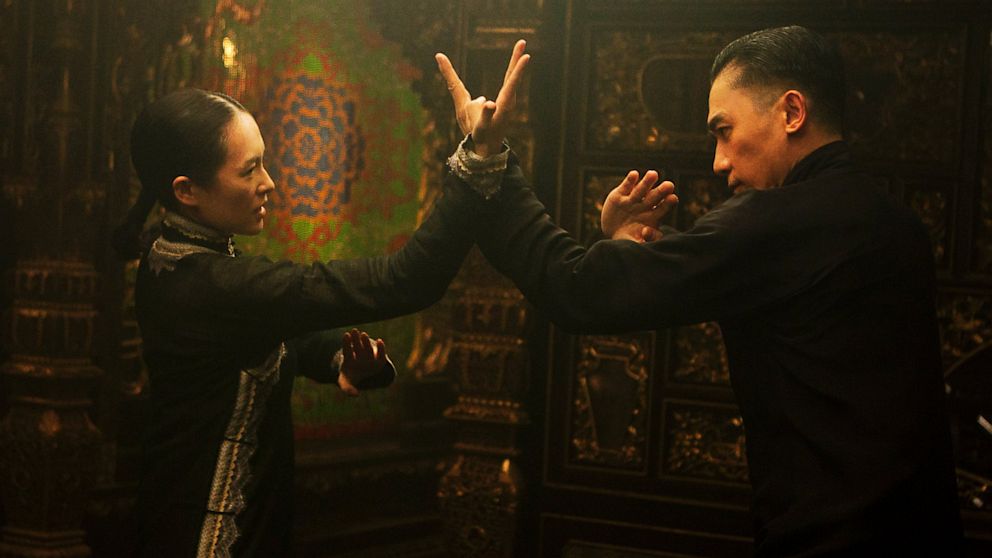Asian Film Awards: Snowpiercer, The Grandmaster, and More
 Wednesday, March 19, 2014 at 3:33PM
Wednesday, March 19, 2014 at 3:33PM 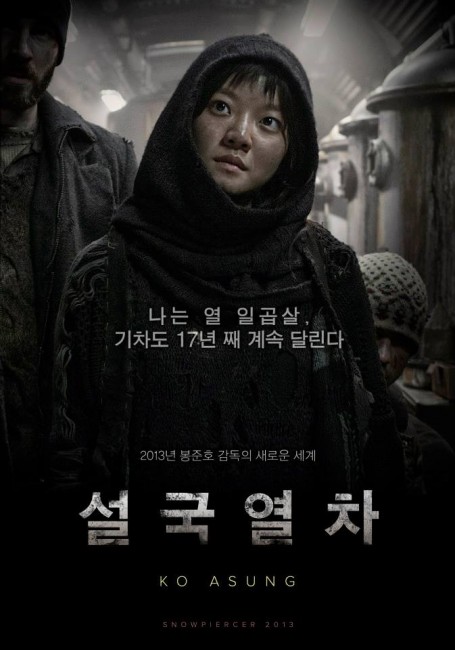 The youngest of film awards for Asian cinema (they have quite a few) is the Asian Film Awards which are now in their 8th year. Unlike the prestigious Golden Horse which (mostly) goes to Chinese language cinema, these encompass just about anything Asian: Japan, China, India, South Korea, The Phillipines and so on. Their best picture nominees this year:
The youngest of film awards for Asian cinema (they have quite a few) is the Asian Film Awards which are now in their 8th year. Unlike the prestigious Golden Horse which (mostly) goes to Chinese language cinema, these encompass just about anything Asian: Japan, China, India, South Korea, The Phillipines and so on. Their best picture nominees this year:
- No Man's Land (Mainland China)
- The Grandmaster (Hong Kong - Oscar submission last year)
- The Great Passage (Japan - Oscar submission last year)
- The Lunchbox (India)
- Snowpiercer (South Korea - but extremely international with stars from the US, Korea, and the UK. Can this just open already?!)
- Stray Dogs (Taiwan)
The near misses, we assume, are Ilo Ilo from Singapore (Oscar submission last year) and Hirokazu Koreeda's Like Father Like Son from Japan (the one Spielberg might remake) since they did well with nomination tallies in major categories. If you're interested you should look at their official site because they smartly include photos of everyone - you can even see what the cinematographers, editors and costume designers look like.



